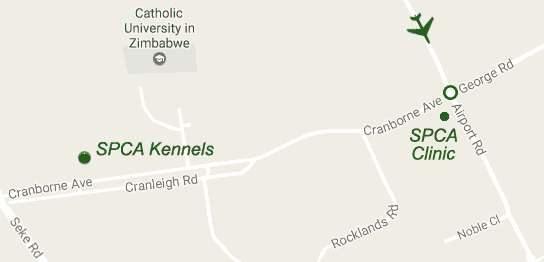Old Wives' Tales
Myth You need a vicious dog to guard your house.
Truth You need a loyal dog to guard your house. Dogs regard humans as part of their pack. They will protect their pack and their home if they feel like they are a member of the family. In order to make your dog loyal you need to interact with it daily and play games and do basic obedience training. Even if your dogs sleep outside, allow them to join the family inside during the evening while you are all in one room. This sense of belonging will make your dog feel protective over your family and property.
Myth Putting mustard in your dog’s mouth will make it stay awake to guard your house.
Truth Putting mustard in a dog’s mouth will not only make it feel ill, but will make it afraid or resentful of you. In order to build a strong relationship with your dog it needs to trust you. By doing something unpleasant you break this trust. It will also make it much more difficult for you or your vet to give the dog any medication or check inside its mouth if it is unwell.
Myth Cutting out the lingual frenulum (stringy bit under the tongue) you prevent your dog from getting worms.
Truth Worms are a parasite that live in the intestines of humans and animals. Animals can get worms by eating or licking the ground where another animal with worms has defecated. The only way to treat parasites is to get deworming tablets from your veterinarian. Deworming tablets are given according to the weight of your dog. When deworming your pets it is recommended that you do all the animals and humans on the property on the same day to avoid cross contamination. To avoid catching worms from your pets make sure to wash your hands thoroughly after working with soil and before eating.
Myth Pouring used engine oil on your dog will stop fleas and ticks.
Truth Fleas and ticks are parasites that live in the fur and bite the animal’s skin to suck blood. In order to get rid of ticks and fleas the animal needs to be treated with the correct dosage of a chemical that kills the fleas and ticks but does not harm the dog. There are several options to choose from. Dogs can be washed with a topical dip. Most vets sell concentrated dip that needs to be mixed with the correct amount of water and then the dog needs to be saturated with the solution, or often vets have a dip area with a tank or old bathtub filled with the dip and water mixture and will dip your dog for you for a small fee (it costs $1 at Harare SPCA). Puppies under 3 months of age should not be dipped. You can spray your dog with Frontline or Fipronol which is available at most vets. There are small tubes of a topical flea and tick treatment that can be applied between the dogs shoulder blades, the common ones are Frontline and Advantix. There are also tablets that can be given to the dog to kill fleas and ticks. These can be bought from most vets. Before treating your dog yourself talk to your vet or research the options. Topical treatments are not great for dogs that like to swim. Most treatments vary according to the size and weight of your dog and it is possible to poison it by giving the wrong dose or treating it too often. Putting engine oil on the coat will not kill the fleas and ticks, but it does increase the risk of the dog catching on fire if exposed to a naked flame. We see many cases of dogs with horrific burns due to this practice.
Myth Sterilising your dog will cause it to get fat.
Truth Sterilisation (a small operation done on both males and females to stop them being able to reproduce) does not make a dog fat. It is recommended to sterilise your dog just before they become sexually mature, which is usually at about 6 months of age. Between 6 and 9 months is when most breeds of dog start to mature and are less "puppyish" and spend less time playing unless play is instigated by a person. This reduction in exercise can lead to weight gain. It has nothing to do with the operation.
Myth You can sterilise your male dog by tying a tight elastic band around its testicles.
Truth Not only is this very cruel and inhumane, it is also dangerous to the dog. Restricting the blood flow to the testicles will cause them to die and begin to rot whilst still attached. This can lead to the dog getting an infection. Dogs will lick and chew at areas of pain and have been known to chew their testicles off when they have been tied off with an elastic. Sterilisation is a very simple and quick operation but must be carried out by a qualified veterinarian.
Myth Cropping a dog’s ears will stop the dog from getting ear infections or from getting bitten by flies.
Truth Cropping a dog’s ears is completely unnecessary. It is done for 2 reasons; cosmetic reasons or to avoid injuries in illegal dog fights. People believe some breeds look better with their ears cropped and then set to stand straight up. In most European countries it is now illegal to crop ears and tails as it is an antiquated and cruel practice. Not only do the dogs suffer after it has been done whilst healing, but dogs can be left with phantom pain that can cause aggression, or the nerves in the ears can be damaged and scar tissue can cause the ear to bend or crumple up. As most reputable vets refuse to perform this surgery many people resort to performing it themselves with no anaesthetic or pain killers given to the dog. Cropping a dog’s ears is of no benefit to the dog whatsoever. |



